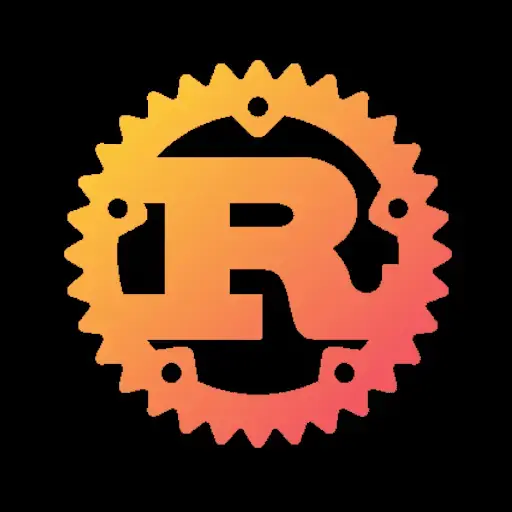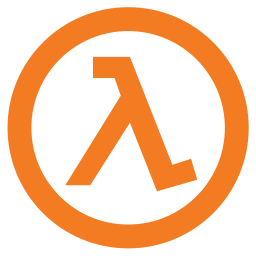- 4 Posts
- 4 Comments

 7·6 months ago
7·6 months agoI could understand method = associated function whose first parameter is named
self, so it can be called likeself.foo(…). This would mean functions likeVec::newaren’t methods. But the author’s requirement also excludes functions that take generic arguments likeExtend::extend.However, even the above definition gives old terminology new meaning. In traditionally OOP languages, all functions in a class are considered methods, those only callable from an instance are “instance methods”, while the others are “static methods”. So translating OOP terminology into Rust, all associated functions are still considered methods, and those with/without method call syntax are instance/static methods.
Unfortunately I think that some people misuse “method” to only refer to “instance method”, even in the OOP languages, so to be 100% unambiguous the terms have to be:
- Associated function: function in an
implblock. - Static method: associated function whose first argument isn’t
self(even if it takesSelfunder a different name, likeBox::leak). - Instance method: associated function whose first argument is
self, so it can be called likeself.foo(…). - Object-safe method: a method callable from a trait object.
- Associated function: function in an

 59·1 year ago
59·1 year agoI’m not involved in piracy/DRM/gamedev but I really doubt they’ll track cracked installs and if they do, actually get indie devs to pay.
Because what’s stopping one person from “cracking” a game, then “installing” it 1,000,000 times? Whatever metric they use to track installs has to prevent abuse like this, or you’re giving random devs (of games that aren’t even popular) stupidly high bills.
When devs see more installs than purchases, they’ll dispute and claim Unity’s numbers are artificially inflated. Which is a big challenge for Unity’s massive legal team, because in the above scenario they really are. Even if Unity successfully defends the extra installs in court, it would be terrible publicity to say “well, if someone manages to install your game 1,000 times without buying it 1,000 times you’re still responsible”. Whatever negative publicity Unity already has for merely charging for installs pales in comparison, and this would actually get most devs to stop using Unity, because nobody will risk going into debt or unexpectedly losing a huge chunk of revenue for a game engine.
So, the only reasonable metric Unity has to track installs is whatever metric is used to track purchases, because if someone purchases the game 1,000,000 times and installs it, no issue, good for the dev. I just don’t see any other way which prevents easy abuse; even if it’s tied to the DRM, if there’s a way to crack the DRM but not remove the install counter, some troll is going to do it and fake absurd amounts of extra installs.

 4·1 year ago
4·1 year agoBut aren’t the GPUs used by AI different than the GPUs used by gamers? 8GB of RAM isn’t enough to run even the smaller LLMs, you need specialized GPUs with 80+GB like A100s and H100s.
The top-tier consumer models like the 3090 and 4090 have 32GB, with them you can train and run smaller LLMs locally. But there still isn’t much demand to do that because you can rent GPUs on the cloud for cheap; enough that the point where renting exceeds the cost of buying is very far off. For consumers it’s still too expensive to fine-tune your own model, and startups and small businesses have enough money to rent the more expensive, specialized GPUs.
Right now GPU prices aren’t extremely low, but you can actually but them from retailers at market price. That wasn’t the case when crypto-mining was popular


But is it rewritten in Rust?